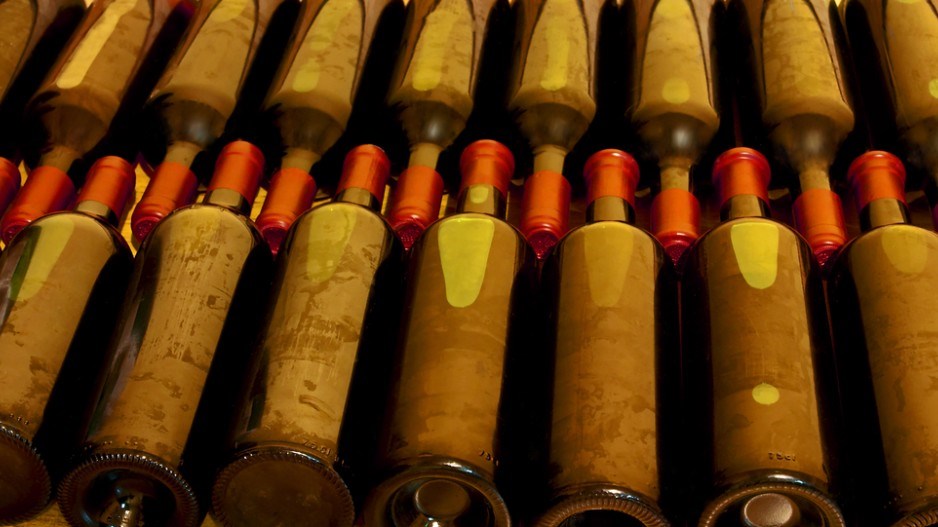The B.C. Liquor Distribution Branch expects to deliver $2.6 billion to government over three years, but says the return to the PST may cause problems.
The LDB three-year service plan, published with today’s provincial budget, said the return to the 10% PST on alcohol and 5% GST on April 1 will “reduce the LDB’s net income.”
The report said liquor markup rates are being lowered to pre-HST levels to keep shelf prices constant. LDB is forecasting relatively slow growth of 1.7% in 2013 and 2.4% per year for the following three years. It cites uncertainty over the global economy and only modest gains expected in disposable income in B.C. to have a negative impact on discretionary spending.
“The LDB will carefully monitor sales and expenses and make adjustments to our budgets as required,” said the service plan.
The report said that every percentage change in the cost of wine, spirits and refreshment beverages equals $7.8 million “due to the percentage-based markup on these products.”
Each percentage change in market share for government liquor stores “affects net income by $3.9 million.”
Another challenge is that LDB’s “most experienced employees” will be reaching retirement age over the next three years.
A benchmarking summary indicates that LDB’s cost-per-case is the worst metric of LDB’s four performance measures.
On February 14, the provincial government announced LDB would move to a bigger, more modern warehouse. A request for proposals from consultants will be issued. The East Vancouver property, assessed at more than $27 million, was not among those named in the budget when Finance minister Mike de Jong revealed a plan to sell $625 million of surplus provincial real estate in the budget.
His predecessor, Kevin Falcon, announced a $700 million disposal plan in the 2012 budget. De Jong told reporters at a pre-budget briefing that the real-estate sales will aid in transforming the $1.228 billion deficit into the goal of a $197 million surplus next year.
“It’s certainly helpful in getting there, but if we didn't have other measures we wouldn't get there either,” said de Jong, referring to personal and corporate tax increases.
Meanwhile, the Destination BC tourism board’s service plan revealed that it will open April 1 with headquarters at the 12th floor of 510 Burrard in Vancouver. The Crown corporation will have 140 staff positions, according to its service plan. It plans to receive $48.89 million funding from government and spend $27.55 million on tourism marketing and $21.82 million partnerships.
Andrea Shaw, vice-president of marketing for the Vancouver 2010 Winter Olympics, was named chair.




